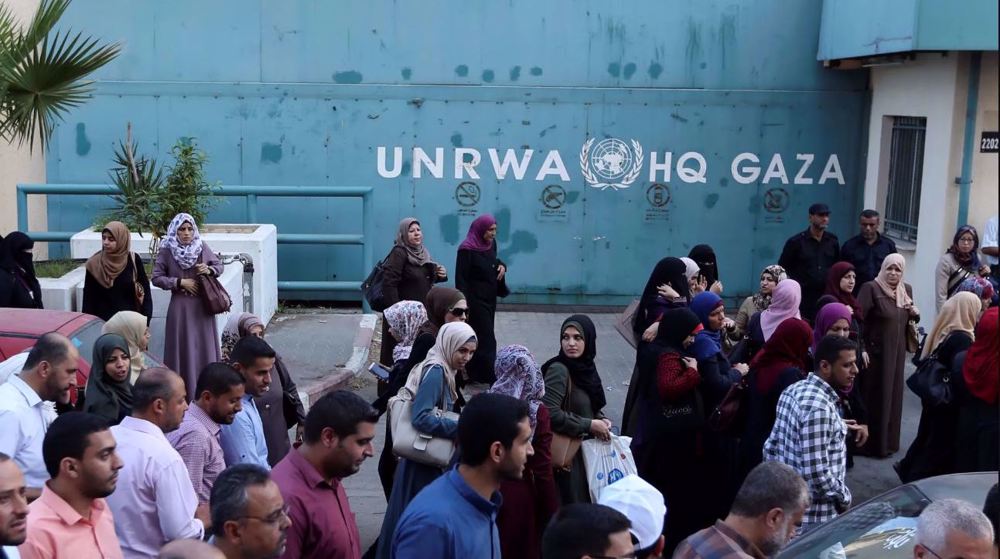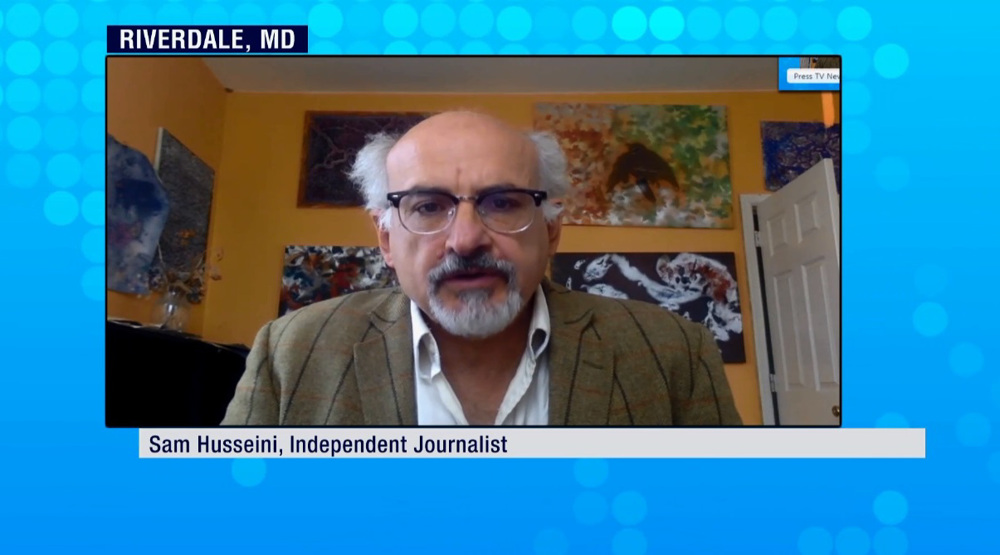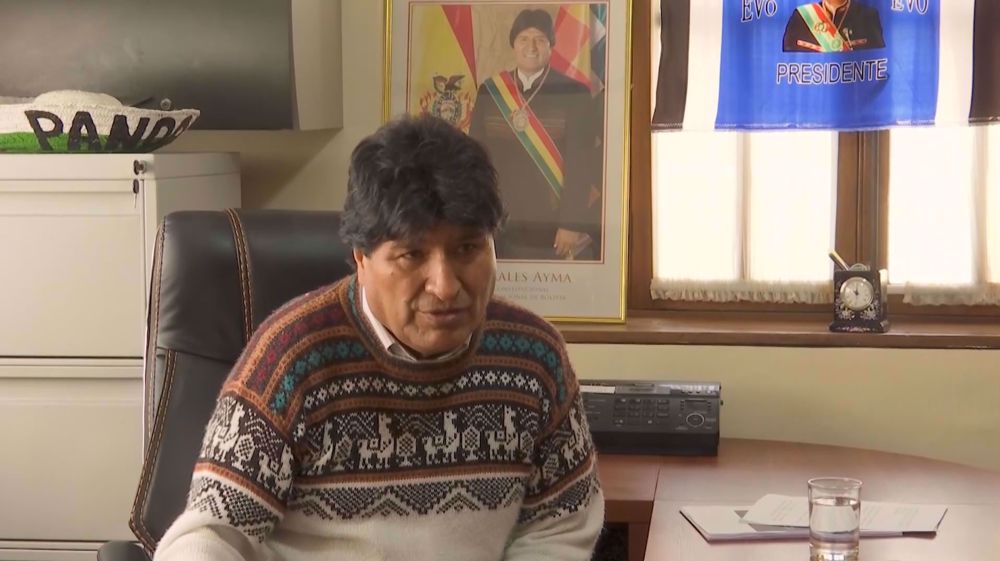Israel concerned about BDS impact on its image: Activist
Press TV has conducted an interview with Paul Larudee, the co-founder of the Free Palestine Movement from San Francisco, about Israel’s concerns over the Boycott, Divestment and Sanctions (BDS) movement launched in response to the regime’s anti-Palestinian atrocities.
The following is a rough transcription of the interview:
Press TV: Israel considers the BDS movement a significant threat to its economy and is taking some drastic measures against these activists. Many argue that what they do is just a legal form of expression and protest. Your thoughts?
Larudee: Of course, Israel cares very little for the legality and free speech or anything like this. They also, let's face it, the BDS will have a very small impact on Israel's economy, which depends more and more on the sale of weapons and military services to other countries. So, this is not going to be a subject of a boycott. Israel depends very heavily upon public opinion and especially public opinion in the United States. And it lives in constant fear that it will be considered a pariah state not only in the usual countries where it is now, but also by the American population, possibly even by the Jewish population in the United States, although it’s really not there yet. So, this is what it is about and it [Israel] also wants to finish with Palestinians as quickly as possible. So, any kind of support for Palestinians whether it’s moral support or through BDS or anything, they want to crush it by any means possible and they're becoming more aggressive in doing so.
Press TV: And you’re speaking about more aggression. Tel Aviv tries to portray itself as the freest, most advanced democracy in the Middle East. Yet Israeli officials are trying to expel activists and then ban activists who have come into Israel. Doesn't it seem their laws are getting more and more draconian?
Larudee: The application of their laws, yes the laws themselves are also becoming more draconian, but this has been going on for a long time. I myself was expelled by Israeli forces from Palestine 10 years ago and have not been permitted back since then. I was held in jail for two weeks and had a court hearing and all this sort of thing and I was forcibly deported essentially. It was not that uncommon at that time. I certainly wasn't the first to suffer this. Now, it's becoming more routine, let's say, and they're also screening people more carefully and they're preventing NGO workers from going in unless they don't say a word against Israel. They're very sensitive to this now.
Press TV: It's funny the regime has exhausted so much energy at home and throughout the world to undermine the BDS movement. They're getting other governments, I'm sure you know, to try to manipulate other governments to ban the BDS. They're trying to get institutions like universities in the US to ban the BDS. I mean why not instead listen to what the movement is saying?
Larudee: Well, in order to listen to that, they would have to be more humane and to cut back their ethnic cleansing practices. Basically what Israel has always done is to say that it's not what we do that's the problem, it's how it's perceived that's the problem. So if you kill and murder and commit genocide and ethnic cleansing, this is not the problem. The problem is that people perceive that you're causing ethnic cleansing and genocide and all that. And you want to change the perception but you don't want to change your practices. Actually yesterday the director of Strategic Affairs Sima Vaknin in Israel was testifying that Israel is considered an international pariah now. And her job and the job of the group that she assembled is to change that perception. These are millions of dollars that are being devoted yearly to changing the perception of the world and especially the United States towards this. So, this is all the same effort to, if I may say so, I'm sorry to put it this way, but to put lipstick on a pig and in fact maybe to do cosmetic surgery.
Uma Oya: Iran’s engineering milestone for internationality
VIDEO | Protesters burn photos of G7 leaders ahead of energy meeting in Italy
Iran guarantor of Persian Gulf security, peace as foreigners wreaking stability: IRGC
14 Israeli troopers killed, wounded in resistance operation in central Gaza
Over 900 arrested at anti-war protests in US universities since April 18
April 28: ‘Axis of Resistance’ operations against Israeli occupation
VIDEO | Press TV's news headlines
VIDEO | US sanctions on Syria impede country's recovery, increase Syrians' suffering














 This makes it easy to access the Press TV website
This makes it easy to access the Press TV website